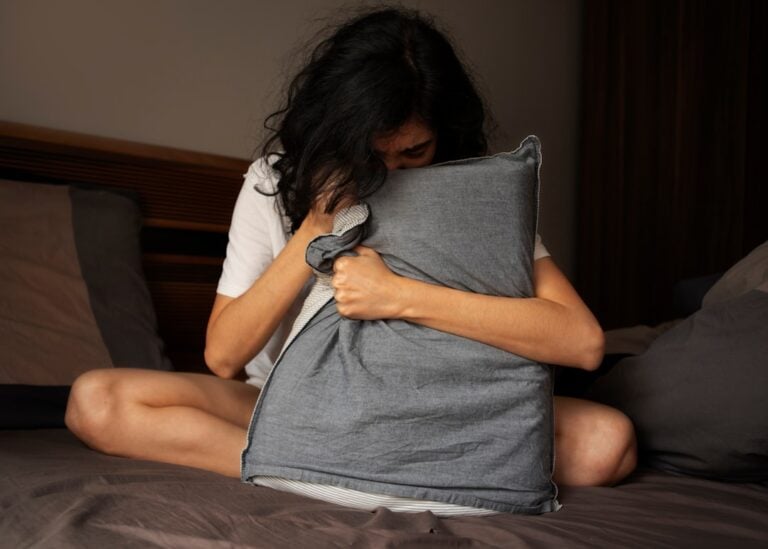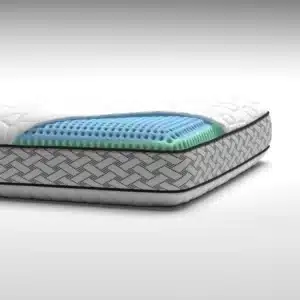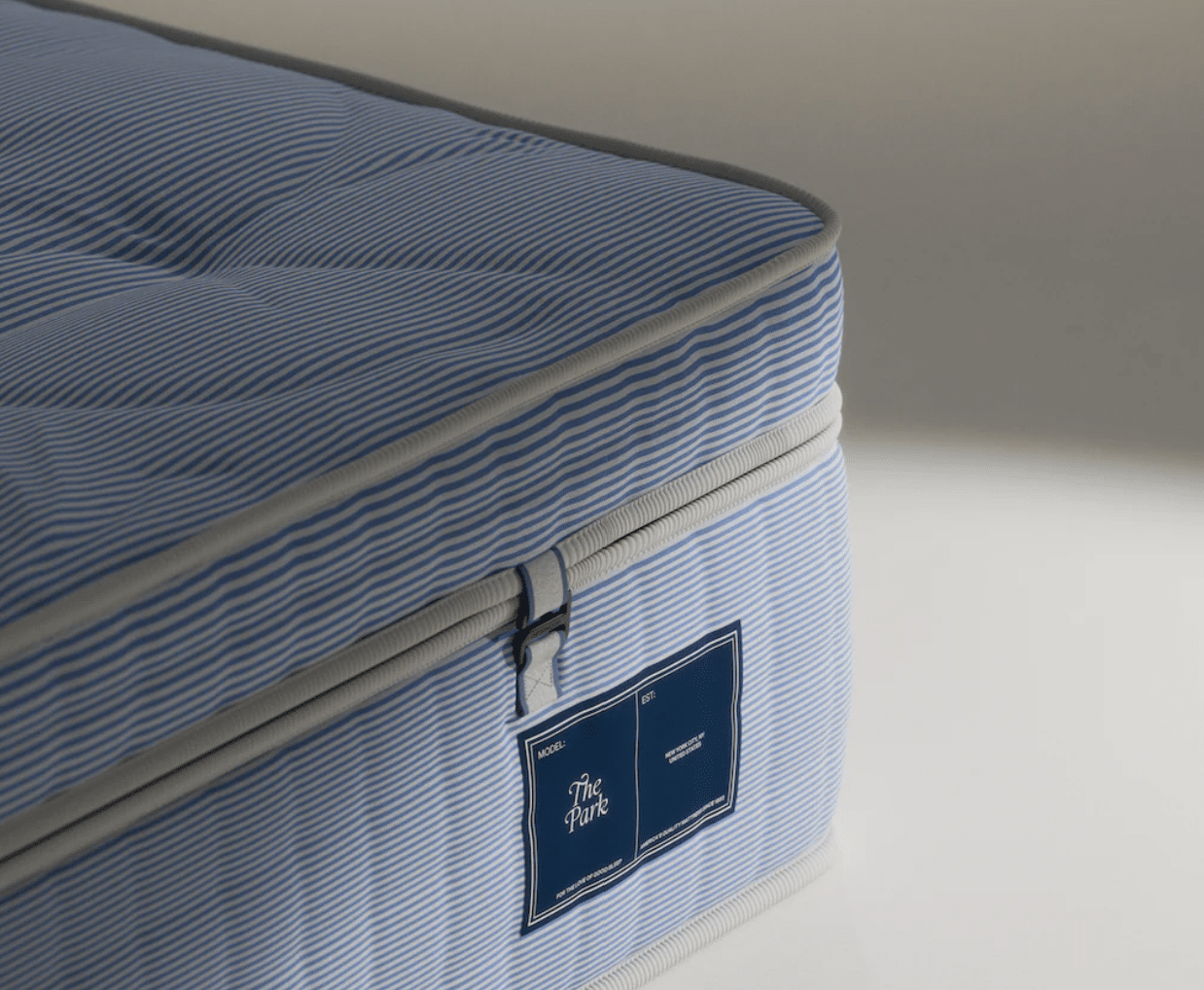NHS Guide to Insomnia: Symptoms, Tests, and Solutions
Insomnia is a widespread sleep disorder that affects millions across the UK. Approximately one in three adults experience sleepless nights regularly, impacting their daily lives and overall well-being. If you find your sleep struggles are taking a toll, understanding insomnia and seeking appropriate guidance is essential. This guide will delve into the symptoms, testing methods, and treatment options available through the NHS.
Symptoms of Insomnia: Recognizing the Signs
Insomnia can present itself in diverse ways, and being aware of the symptoms is crucial for early intervention. Here are the primary signs that may indicate you are experiencing insomnia:
Difficulty Falling Asleep
One of the most defining aspects of insomnia is the challenge of drifting off to sleep. You may lie awake for hours, unable to relax despite feeling exhausted, which often exacerbates the anxiety surrounding sleep.
Frequent Night Waking
Waking multiple times throughout the night can also signify insomnia. If you find it difficult to get back to sleep after waking, this fragmented pattern can leave you feeling unrefreshed and fatigued.
Early Morning Awakenings
Many individuals with insomnia struggle with waking earlier than planned without the capacity to return to sleep. This not only truncates your sleep time but often results in grogginess during the day.
Persistent Fatigue
Consistent feelings of fatigue are commonplace among those with insomnia. Even after a night’s sleep, you may feel insufficiently rested, which can hinder your day-to-day activities and overall quality of life.
Irritability and Mood Changes
Lack of sleep can lead to heightened irritability and fluctuating moods. Minor issues may become more upsetting, or you might feel overwhelmed by stress and anxiety.
Concentration Challenges
Cognitive impairment, including difficulty with memory and concentration, is a common complaint for those experiencing insomnia. Tasks that once seemed straightforward can become daunting.
If you find yourself grappling with these symptoms for at least three nights a week over a sustained period of three months, seeking professional guidance is crucial.
Understanding Insomnia: The Insomnia NHS Test
Understanding the underlying causes of insomnia is vital in identifying appropriate solutions. Here are various potential triggers that contribute to sleep disturbances:
Stress and Mental Health
High levels of stress, anxiety, and depression often play significant roles in sleep difficulties. Major life changes, such as shifting jobs or experiencing a bereavement, can heighten stress levels and subsequently affect your ability to sleep.
Environmental Factors
Disruptive noises—whether they stem from traffic, loud neighbors, or a snoring partner—can also hinder sleep. Additionally, inadequate bedding comfort, including an old mattress or unsuitable pillows, can affect your sleep quality.
Stimulants and Substances
Caffeine and nicotine are well-known stimulants that can significantly contribute to insomnia if consumed later in the day. While alcohol might initially induce drowsiness, it ultimately disrupts sleep cycles.
Health Conditions
Physical health issues like restless legs syndrome, chronic pain, and hormonal changes (such as those associated with menopause) can make it difficult to achieve restful sleep. Mental health conditions, including schizophrenia and bipolar disorder, can further complicate sleep steadiness.
Diagnosing Insomnia
When seeking help for possible insomnia, your doctor will guide you through several diagnostic steps:
Medical History
Your physician will begin by discussing your medical background, including how long you’ve experienced sleep issues, the frequency of difficulties, and any existing health conditions or medications.
Physical Examination
A comprehensive physical exam may be conducted to eliminate other potential medical concerns. Your doctor will assess risk factors and possibly check for sleep apnea.
Sleep Diary
Maintaining a sleep diary for a week or two can provide valuable insights. Documenting your sleep patterns, including bedtimes, wake times, and feelings upon waking, gives your healthcare provider a clearer picture of your situation.
Sleep Studies
In some cases, a sleep study may be necessary. This involves monitoring various bodily functions during sleep to pinpoint issues such as sleep apnea or narcolepsy.
Self-Help Approaches for Better Sleep
To combat insomnia, these effective self-help strategies can significantly improve your sleep:
Establish Consistent Sleep Patterns
Aim to sleep and wake at the same time daily, even on weekends. A consistent schedule helps regulate your body’s internal clock, promoting better sleep quality.
Create a Relaxing Bedtime Routine
Engage in calming activities before bed, such as reading or meditating, to signal to your body that it’s time to wind down.
Optimize Your Sleep Environment
Make your bedroom a sleep-friendly zone: keep it dark, quiet, and cool. Consider blackout curtains, white noise machines, and an inviting mattress and pillows.
Limit Stimulants
Avoid caffeine, nicotine, and heavy meals close to bedtime to limit their negative effect on your ability to fall asleep.
Treatment Solutions for Insomnia
The NHS offers several treatment options to address insomnia effectively:
Cognitive Behavioral Therapy for Insomnia (CBT-I)
CBT-I is considered the gold standard treatment, focusing on reshaping negative thoughts and behaviors associated with sleep issues. Research has shown it to yield long-lasting benefits for insomnia sufferers.
NHS Sleep Programs
The NHS provides resources such as online CBT programs tailored to help individuals manage insomnia symptoms through structured guidance.
Consultation with Sleep Clinics
For more severe cases, specialized sleep clinics can conduct thorough evaluations, including sleep studies, and offer targeted treatments tailored to your individual needs.
Conclusion
Understanding insomnia is the first step towards overcoming its challenges. By recognizing symptoms, exploring diagnostic methods like the insomnia NHS test, and implementing effective self-help strategies, you can significantly enhance your sleep quality. Remember, you’re not alone in this journey—professional help is available, and taking action today can lead to a more restful tomorrow. Whether you opt for cognitive behavioral therapy or self-help techniques, the key is to find a solution that works for you. Prioritizing sleep is vital for your overall health, so embrace the journey towards better, restorative sleep.



















